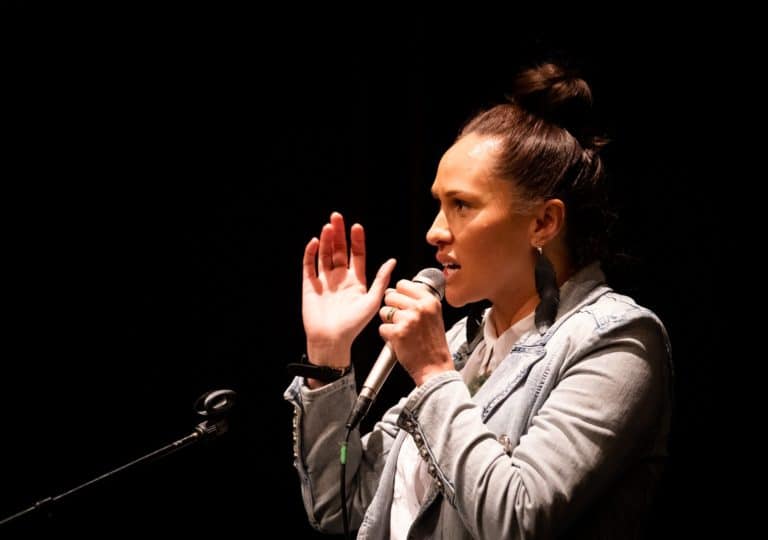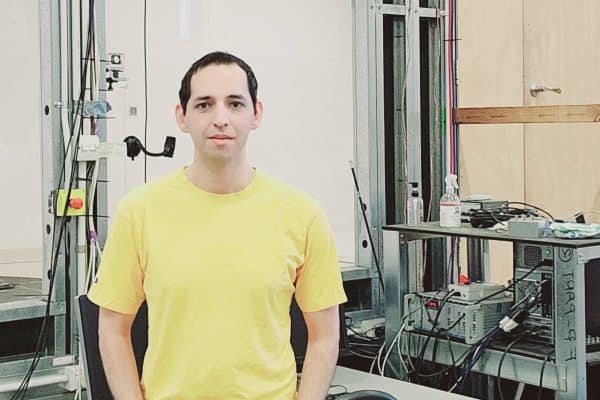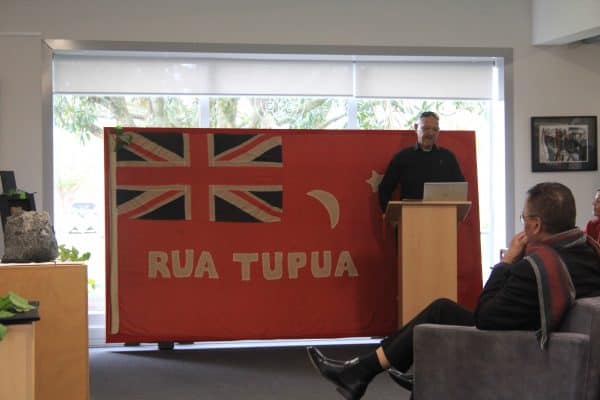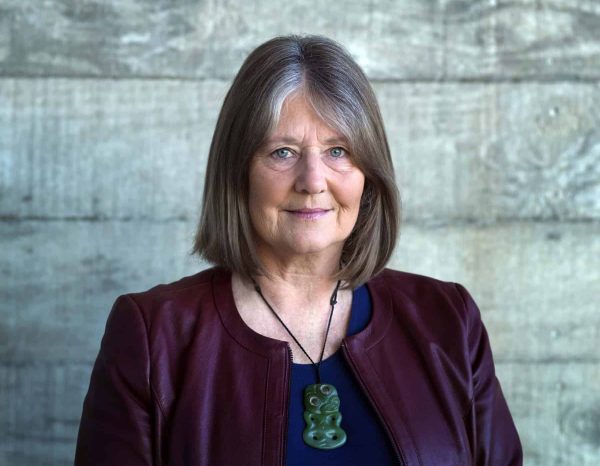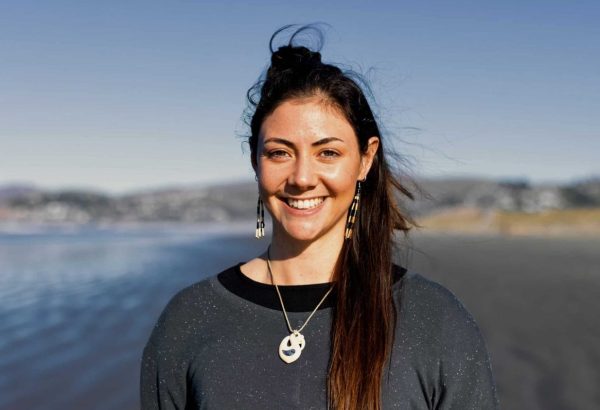Q & A with Dr Acushla Dee Sciascia
13/02/20
Q. Tēnā koe Dee. Firstly, can you tell us a bit about your iwi affiliations?
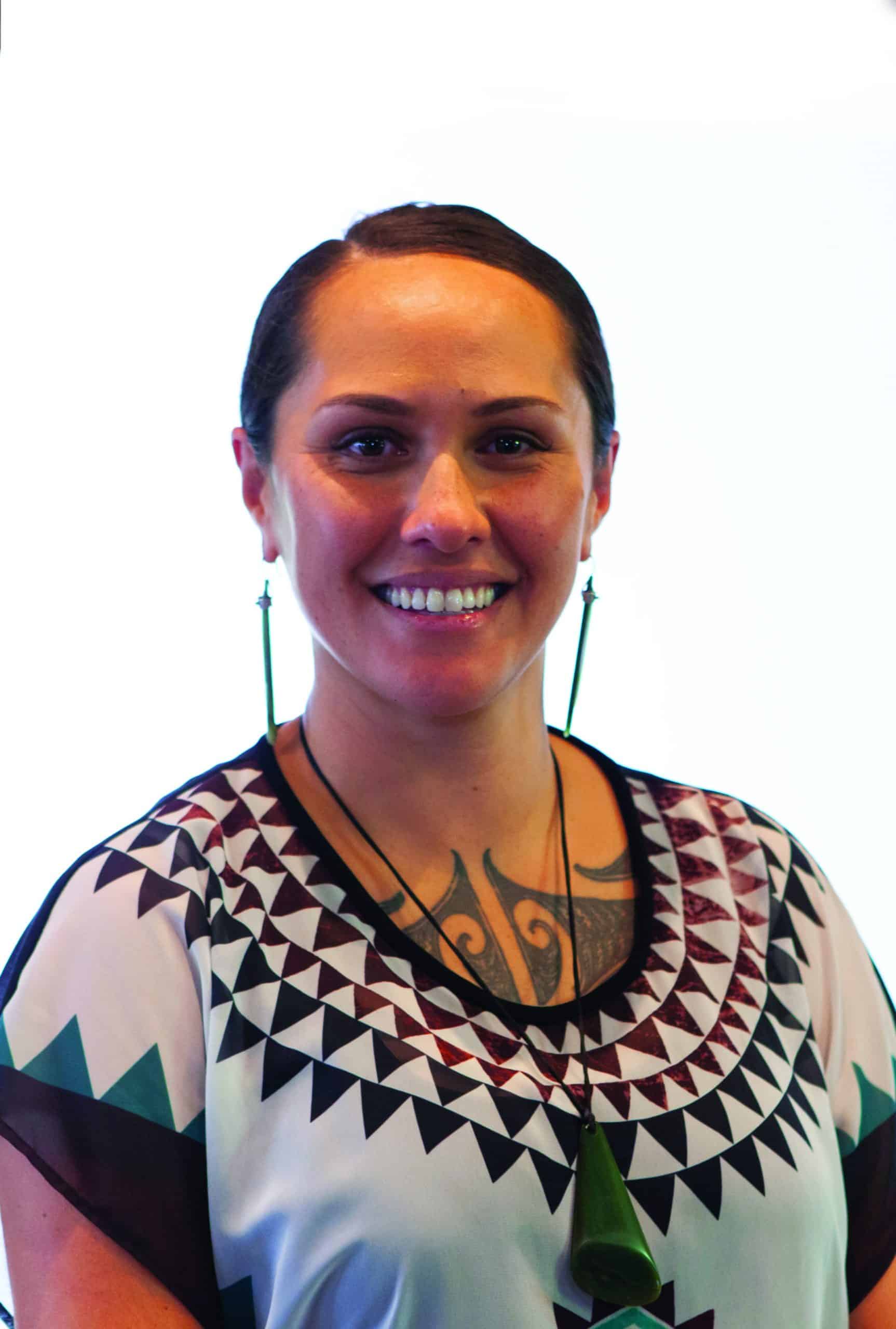 He uri ahau nō ngā kāwai whakapapa o Ngāruahine Rangi, Ngāti Ruanui and Te Atiawa.
He uri ahau nō ngā kāwai whakapapa o Ngāruahine Rangi, Ngāti Ruanui and Te Atiawa.
Q. How did you get into social science research? Did you always want to be a researcher?
My ancestors are prolific researchers, so it was very natural for me to follow in their footsteps and continue the art of inquiry in the hope to seek out answers and revelations. I’ve always been interested in culture and people and with these two things come the responsibility to deepen and broaden one’s knowledge and understanding in these spaces to bring about change and transformation.
Q. What was your PhD on, and what were your major findings?
I wrote my PhD about Facebook and the rise of technological online and social media platforms pervading Māori society and culture. The research showed that, like our tūpuna, Māori have quickly adopted and adapted to the increase of social media use for a range of reasons. We use social media for whanaungatanga (to build and maintain relationships), for identity construction and (re)connection to culture, language and practices and we more recently are practicing our culture in online social spaces such as tangihanga (funerals). While all of these things we are doing are helping us to connect (on varying levels), the importance of being physically present and face to face represents challenges for further disconnecting our people.
Q. We recently marked the International Day of Women and Girls in Science. In your opinion what do we need to do to enable more young wāhine Māori to take up science and research?
We need more Wāhine Māori leadership roles. There is a prevalence of mostly Pākehā men who take up these spaces. Lets change this!
Q. You’re co-leading the Mātauranga Māori theme for Phase 2 of the Challenge. What drew you to working on the Challenge?
Mātauranga Māori is one of the corner stones of Te Ao Māori; everything we do, who we are, where we come from are told in the narratives, histories and oral traditions of our mātauranga. To lift this knowledge system in the field of western sciences is to ensure that our knowledges are given the credibility and mana they deserve. This is what attracted me to the role – the opportunity to play a part in this shift.
Q. What can western natural hazard research gain from incorporating Māori values, tikanga and knowledge?
If we were to return to indigenous ways of knowing and being, we would find that solutions to a lot of environmental issues could be approached though an indigenous lens. The same is to be said for natural hazard research – through a kaupapa Māori approach, we can understand resilience to be not only about surviving but thriving in our diverse contexts and environments.
Q. Through this programme, what resilience tools and innovations do you hope to be able to deliver for iwi, hapū and whānau?
My aspirations for our Māori communities is that we think differently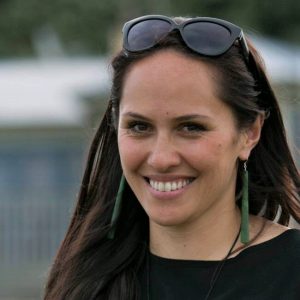 and innovatively about how resilience to natural hazards – what opportunities can we take from better understanding our natural environment that speaks to our unique Māori ways of knowing and being. One area in particular I’m excited about is how we translate knowledges to speak most effectively to a diverse range of audiences whose lives are most affected by natural hazards (e.g. coastal Māori communities, marae, hapū and iwi). We need to think differently about how our research translates to a language and medium that speaks to the hearts and minds of these communities.
and innovatively about how resilience to natural hazards – what opportunities can we take from better understanding our natural environment that speaks to our unique Māori ways of knowing and being. One area in particular I’m excited about is how we translate knowledges to speak most effectively to a diverse range of audiences whose lives are most affected by natural hazards (e.g. coastal Māori communities, marae, hapū and iwi). We need to think differently about how our research translates to a language and medium that speaks to the hearts and minds of these communities.
Q. You were recently part of the Government’s Climate Change Risk Assessment Panel. How was that experience?
It was a challenging space given that the expectation when being one of two Māori on a panel of 10 is that you represent all Māori aspirations and this simply is not the case. Despite this pressure, myself and fellow colleague Shaun Awatere were able to imbue a strong whakaaro Māori into the framework from the very outset. We worked extremely well with other panelists and despite the parameters of time and urgency, I am proud of what we achieved for the framework.
Q. What are your future aspirations?
To see impactful shifts where Mātauranga Māori and western sciences not only complement each other, but are co-dependent.
